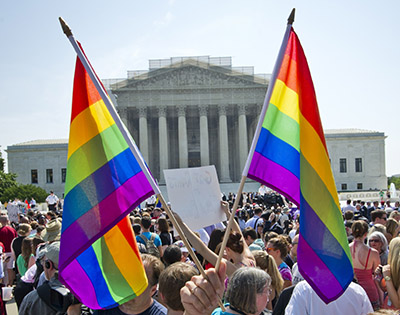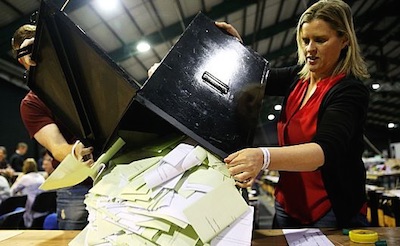LGBTI rights
United States: The LGBTQ movement today

Two cheers for marriage equality

By Colin Wilson
Mariela Castro's Toronto speech on LGBTI rights in Cuba
Click HERE for more on Cub
India: Fearless freedom for women won’t be stopped by the wall of reaction

Protesters from the All India Progressive Women's Association in Delhi, December 22-23, 2012.
United States: An ascending trajectory? Ten of the most important social conflicts in 2012

Striking Chicago teachers rally, October 2012.
By Dan La Botz
December 31, 2012 -- New Politics -- The most important social conflict in the United States in 2012—the Chicago Teachers Union strike—suggests that the rising trajectory of social struggle in the United States that began at the beginning of 2011 may be continuing. While the United States has a much lower level of class struggle and social struggle than virtually any other industrial nation—few US workers are unionised (only 11.8%) and unionised workers engage in few strikes and those involve a very small numbers of workers—still, the economic crisis and the demand for austerity by both major political parties, Republican and Democrat, have led to increased economic and political activity and resistance by trade unions, particularly in the public sector.[1]

Bradley Manning supporters at Occupy London, last
Washington threatens reprisals against Nicaragua’s voters

Nicaraguans celebrate the re-election of Daniel Ortega as president.
John Riddell interviews Felipe Stuart Cournoyer
February 2, 2012 -- Links International Journal of Socialist Renewal, also available at http://johnriddell.wordpress.com/. First published in Axis of Logic -- In a fit of petulant anger, the US government lashed out on January 25 against the outcome of Nicaragua’s recent presidential election. To understand the context of the US threats, I talked to Felipe Stuart Cournoyer, a Nicaraguan citizen and member of Sandinista National Liberation Front (FSLN).[1]
* * *
John Riddell: US Secretary of State Hillary Clinton claimed that Nicaragua’s November 6, 2011, election “marked a setback to democracy in Nicaragua and undermined the ability of Nicaraguans to hold their government accountable”, but offered no particulars. What has roused Washington’s ire?
Rainbow Cuba: the sexual revolution within the revolution

March to celebrate LGBTI rights in Havana, May 2009.
By Rachel Evans
December 23, 2011 (updated January 28, 2012) – Links International Journal of Socialist Renewal -- When I was 16, I went to a Cuba solidarity event in my home town. At the end of inspiring speeches about Cuba’s health record, education standards, and the revolution’s policy of sending doctors and teachers to impoverished countries, a rousing “Cuba si! Yankee no!” chant erupted. It was electric. Much better than the fake feeling, singing and dancing we’d experienced in the church hall on Sunday. I was impressed and resolved to visit the country and see the revolution for myself. Years later and having come out of the closet, I decided my trip to Cuba could help prove or dispel the oft-uttered line of Cuba being homophobic.
This work will help put to bed the lies and distortions propagated by the powerful United States (US) propaganda machine: that the Cuban Revolution is undemocratic, homophobic and tyrannical. My visit to and study of Cuba finds that there is no basis to these claims.

